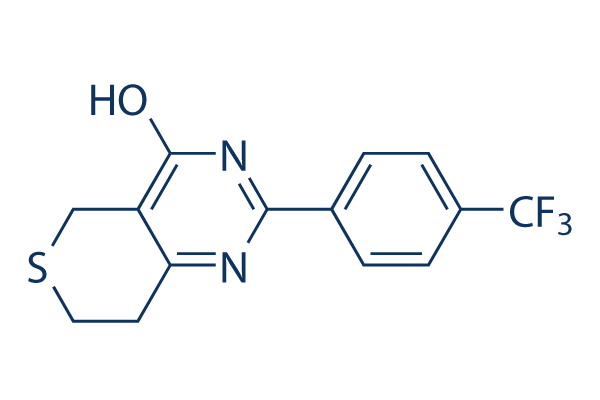Drugs, including antibodies, focusing on the insulin like peptides signalling through the PI3K/Akt/mTOR pathway are cur rently in different clinical trials in breast and prostate cancers. Previous studies over the part of IGF1 in ovarian can cer show that elevated serum ranges of IGF1 are frequently observed on this cancer. Larger amounts of IGF1 may also be uncovered to become associated with greater sickness danger, tumour metastasis and poor prognosis in ovarian can cer through the activation of IGF1 R. A recent in vitro research indicated the position of IGF1 in improving ovarian cancer cell proliferation by PI3K/Akt/mTOR sig nalling. Exogenous addition of IGF1 in ovarian cells also prospects to their increased proliferation. In vitro findings indicate the part of IGF1 R and PI3K in cis platin resistance.
Primarily based on earlier findings over the purpose of IGF1 in very low grade ovarian carcinomas, also as in in vitro scientific studies in hepatocellular carcinoma, a phase II clinical trial is currently underway making use of the IGF 1R/IR dual receptor tyrosine kinase inhibitor OSI 906. selleck chemical Having said that, the position of IGF1 inside the development of chemo resistance in ovarian cancer has not however been defined in patient cohorts that exhibit resis tance to chemotherapy. It has been reported that a com pensatory mechanism imparted by 1 receptor tyrosine kinase for another gradually leads to drug resistance in targeted therapies. Zhao and colleagues report a powerful correlation concerning EMT standing and sensitiv ity to IGF1 R/IR inhibitor OSI 906.
Our current findings on fairly elevated expression of IGF1 in the resis Odanacatib tant individuals indicate that gene expression based mostly predic tive biomarkers on this pathway could be considered for future clinical trials. The relative improved expression of INSR and IGF1 in the resistant cohort in our study indicates the drug resistant cells evolve multiple compensatory mechanisms for tumour cell  survival. Our research, therefore, also confirms the in vitro findings with the clinical level, the place the deregulated IGF1 pathway could possibly play a purpose in intrinsic chemotherapy resistance. The genes within the PI3K/Akt cascade have been recently proven to induce drug resistance to cisplatin in vitro using an integrative gene expression and pathway based approach. Activation on the PI3K pathway includes alterations in any within the downstream or upstream molecules involved along the PI3K/Akt/mTOR axis. This awareness hasn’t nevertheless been translated to the use of targeted therapies inside the treatment method of ovarian cancer, and more scientific studies are required to improve our knowing of your molecular pathways that govern chemotherapy response in SEOC. The PI3K pathway is activated by several development things including IGF1, leading to cellular growth and metastasis too as chemotherapy resistance.
survival. Our research, therefore, also confirms the in vitro findings with the clinical level, the place the deregulated IGF1 pathway could possibly play a purpose in intrinsic chemotherapy resistance. The genes within the PI3K/Akt cascade have been recently proven to induce drug resistance to cisplatin in vitro using an integrative gene expression and pathway based approach. Activation on the PI3K pathway includes alterations in any within the downstream or upstream molecules involved along the PI3K/Akt/mTOR axis. This awareness hasn’t nevertheless been translated to the use of targeted therapies inside the treatment method of ovarian cancer, and more scientific studies are required to improve our knowing of your molecular pathways that govern chemotherapy response in SEOC. The PI3K pathway is activated by several development things including IGF1, leading to cellular growth and metastasis too as chemotherapy resistance.
IKK signal
IKK is an enzyme complex
